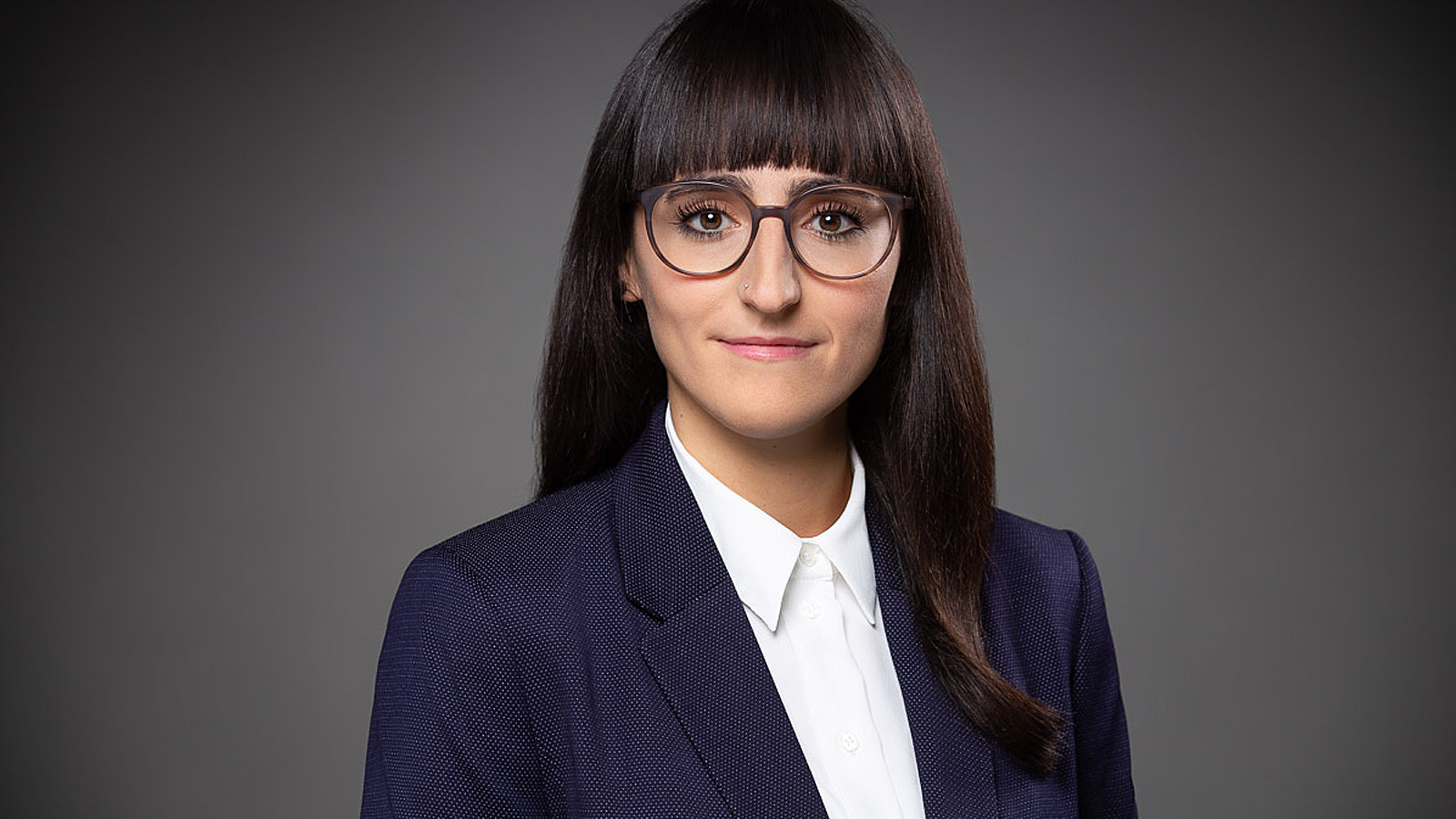“The Challenges of Europe are My Passion”
Neslihan Altun (28) is studying for her master’s degree in Public Policy at the Hertie School of Governance and working at the Federal Ministry of Labour and Social Affairs – she earned her bachelor’s degree in Chemnitz
-

Neslihan Altun (28) studied European Studies in Chemnitz, and works for the Federal Ministry of Labour and Social Affairs. Photo: private
You work as a clerk in the European Department of the Federal Ministry of Labour and Social Affairs in Berlin. What are your main tasks?
I have found my Professional Year in the European Department very exciting. I prepare the appointments and meetings of the EU State Secretaries. I also help prepare for ministerial meetings. This is exactly where I wanted to be. I am really interested in the social policy aspects of this job and the sociological perspectives it offers.
Which social policy aspects are you referring to?
One of my tasks is to help organise citizens’ dialogues about Europe. For this, I work for the State Secretary and ask for submissions from speakers and specialists. For me, at this point, politics is experienced. My passion are the challenges of Europe. And in these citizens’ dialogues, one can see the interaction between citizens and governments. I find it fascinating to be involved in politics and to accompany politics from the idea to the process of implementation.
Is this why you studied European Studies at Chemnitz University?
I wanted my course to touch on politics and have an international focus. My interest in social studies, the European Union and global players led me directly to the subject of European Studies. I was always interested in the basic idea of the European peacekeeping project. I want to know how Europe is developing, and what it means to us.
Then, as a native of Koblenz, why did you go study in a distant state?
After graduating I spent some months as an au pair in Spain. After I returned, I first looked around Rheinland-Pfalz and Baden-Württemberg, so as to not study so far from home. But I was quickly dissatisfied with the conditions and had reservations about whether studying there would be right for me.
Why did you chose Chemnitz then?
When I discovered the programme in European Studies at Chemnitz University, that put its focus on social science, I applied right away. I knew that I could incorporate a focus on international politics into my studies. Simply put, the conditions were favourable. I always hoped, that studying at a small university would result into a higher level of care and this hope was fulfilled. I never had the feeling that I was just a student number. My name was Neslihan Altun.
What did you particularly like about your studies?
The supervision by the professors and staff was great. In addition, TU4U, spaces for social engagement, the access to scientific databases and the transparent administration made studying much easier. I was struck by the seminars that stimulated and challenged critical thinking. Studying really helped me to develop my writing skills. Above all, I liked the interpersonal exchange between students and teachers of the Faculty of Humanities.
What are you planning to do next?
I would like to continue to work in a ministry or even at the EU Commission, to better understand what drives the European Union. In the future, I would like to be involved in the implementation of politics. For that, I want to further broaden my horizon. I would like to promote the idea of Europe with others, and above all, integrate the ideas of young people. Too often we focus on Europe’s flaws and take the European Union for granted. I think that young people in particular should be more involved.
And what do you wish for the future?
I want to build bridges. I received a lot of support in Koblenz and Chemnitz. For me, this is only valuable if I can pass this knowledge and support on to others. I had mentors, acquaintances and people who cared about me, who always encouraged me and taught me that it’s important to give things a try. In the future, I would like to be a mentor to young migrant women and to young women from socially disadvantaged families. There are so many possibilities out there that just need to be explored.
Further information is available from Evamaria Moore, International Alumni Coordinator at Chemnitz University, Phone +49 371 531-37740, e-mail alumni@tu-chemnitz.de.
(Interview: Evamaria Moore / Translation: Jeffrey Karnitz)
Matthias Fejes
19.03.2019




